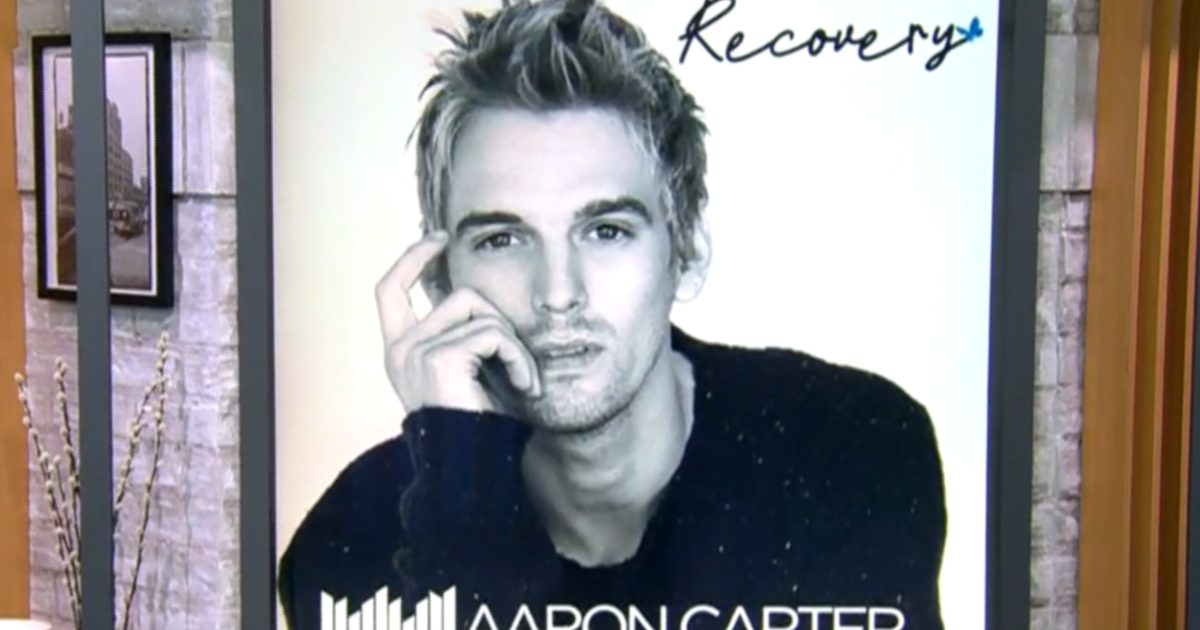Breaking bad habits of sugary sodas and junk food
Two new studies reveal in stark terms how your diet can have a negative and long-lasting impact on your health.
One study, published in the Annals of Internal Medicine, found a teenager's extremely poor eating habits caused him to effectively go blind.
The other study, published Tuesday in the Journal of the American Medical Association, found that people who drank at least two sugar-sweetened soft drinks a day had a higher risk of death from digestive diseases. It also found those who drank artificially-sweetened drinks had an increased risk of death from diseases that affect the circulatory system. Both groups had an increased risk of death from Parkinson's disease.
Registered dietitian Samantha Heller joined "CBS This Morning" on Wednesday to discuss these findings and how to break bad dietary habits.
Heller said she has heard anecdotally from patients about being "addicted" to artificially-sweetened beverages or sodas. "I don't know if it's technically an addiction, but how do you stop that? I think by slowly cutting back," she said. "If you drink five sodas a day, maybe you have three." She suggested replacing sodas with healthier drinks, like 100% fruit juice with a splash of seltzer, or herbal infusions, chamomile tea, green tea or berry tea, perhaps iced.
When asked why sugary sodas are bad for your health, Heller said, "I think we're looking at an association, not a cause-and-effect. What we have seen through many studies is that sugar-sweetened beverages, like sodas, increase the risk of obesity, type 2 diabetes, some of these other diseases. Also, artificially or non-nutrient-sweetened beverages contribute to certain diseases as well. We're not sure why. They both have citric and phosphoric acid. They can affect your dental health, erode your tooth enamel. They may be replacing healthier foods in your diet. And if you look at the people who are consuming them, maybe they have a less healthy lifestyle. There are a lot of parameters that we need to look at here."
With regard to the medical report about a teenage "fussy eater" whose extremely limited diet of French fries, potato chips and white bread led to blindness, Heller said, "That's a very rare scenario. I think there's two really important take-home messages here: One is that a very poor diet that's high in processed food, junk food, fast food, may increase the risk of nutrient deficiencies or insufficiencies that increaser the risk for chronic, possibly devastating diseases. Going blind is very rare.
"But the second point is when you have a child who's this picky and this fussy, I would want to know, does he have sensory issues? Does he have cognitive or emotional issues? What is at the root of the problem here? Are the parents not paying attention, or are they trying to pay attention but they need special help to find out why this child isn't eating?"
She recommended that parents pay attention to their children's eating habits. "I think you have to be really careful and observational," she said.
"Introduce them to healthy foods on a regular basis. Have them take part in helping make those foods. Bring them to the grocery store with you. Be good role models. Always have something on the plate they may like. You may have to re-introduce a new food 15, 20, 30 times and be patient before you kid tries it."
Don't force it? "I don't think forcing is ever a good idea."
"No, I can tell you that," co-host Anthony Mason affirmed. "I went through that with my mom. It didn't work."
Heller also suggested making food shopping and preparation a fun event. "Make it a family thing: Pick anything you want, any produce, any vegetable, any fruit, when we get home let's see what we can do with it. Let's try having it in different ways."



